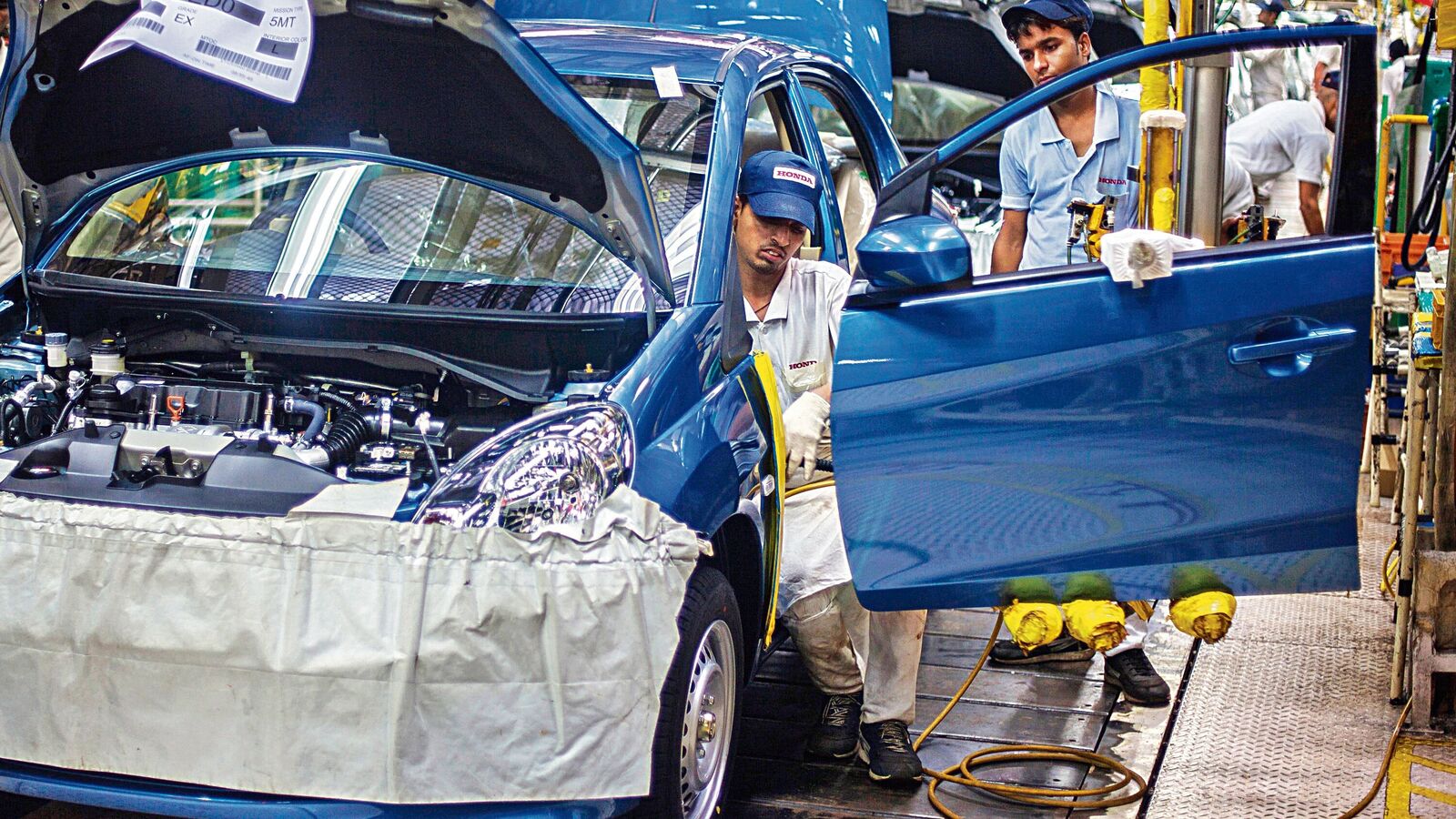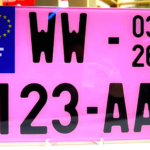This is a Mint Premium article gifted to you.
Subscribe to enjoy similar stories.
New Delhi: India’s top carmakers have missed the deadline to submit feedback on a fresh set of emission norms proposed by the government. Industry comments were sought by 16 October (Thursday), but automobile lobby Society of Indian Automobile Manufacturers (Siam) is yet to send in a consolidated response.
The silence reflects frustration within the industry over proposed relaxations for small cars, even as they huddled to put together a joint response, according to two executives aware of the matter who spoke on condition of anonymity as internal industry discussions were still ongoing.
While earlier debates on Cafe 3 norms saw a tussle between carmakers that have invested in larger SUVs versus those that invested in smaller cars, the latest draft of the fuel efficiency regulation from the government has irked both sides.
Manufacturers such as Tata Motors and Mahindra & Mahindra have opposed any benefit for small cars in the draft corporate average efficiency norms or Cafe-3 norms proposed by the Bureau of Energy Efficiency (BEE), the two executives said.
Maruti Suzuki, which has the largest portfolio of small cars, is also unhappy, the executives suggested. The company had sought 20gm carbon emission relief, but the draft norms only proposed 3gm. This, the company remarked during industry discussions, offers only a “minuscule” advantage to small vehicles.
The BEE had released the initial draft for Cafe-3 in June 2024, and industry responded in December. The revised norms, which proposed relaxations to small cars, were released on 25 September. Industry is yet to respond.
“We have just received the proposal from BEE based on our submission given in December 2024. We are yet to deliberate and align on this internally,” said Siam president Shailesh Chandra, while responding to a query during a press conference on Wednesday, 15 October. “Till we don’t represent ourselves to the government, we don’t want to talk about the subject.”
“We are engaged in ongoing discussions within Siam on this matter and are committed to supporting a progressive and inclusive framework. These deliberations are confidential, and we are unable to comment at this stage,” a Tata Motors spokesperson said.
Queries sent to Siam, Maruti Suzuki, and Mahindra & Mahindra remained unanswered.
Amit Bhatt, managing director at International Council for Clean Transportation, said automakers have already committed to having electric vehicles in their portfolio, including small cars.
“Small cars are perfectly poised for rapid EV adoption. In China, small electric cars in 2024 cost on average only half as much as comparable gasoline models and have achieved significant EV penetration. Rather than offering fewer opportunities for efficiency gains, the small car segment can actually lead India’s transition to electric mobility,” Bhatt said.
What is proposed
According to the latest draft, there is a cap on fuel consumption per 100 km for all cars. Carmakers are expected to reduce their fuel consumption to 3.73 litres for 100 km in 2027, and then gradually lower it to 3.01 litres by 2032, the draft said. Notably, such a consumption limit has been introduced for the first time.
In this, the government will calculate fuel consumption by using carbon dioxide emissions of each carmaker’s fleet, which is measured in units of grams of CO2 emitted per km. For small cars—cars less than 909 kg kerb weight—the carbon emissions will be counted with a 3 gm reduction, giving them an edge.
Carmakers can claim a maximum of 9 gm reduction in five years for small cars from when Cafe 3 will be enforced.
Divided house
This latest provision has divided the carmakers, according to the executives cited above.
BEE’s first draft of the Cafe 3 norms was termed “too aggressive” by the industry. That draft did not include any relaxation for small cars. The industry’s recommendations—reached through a consensus among automakers—also did not seek any concession for small cars.
However, in June this year, discussions between the government and the industry began exploring the possibility of limited concessions for smaller vehicles, which eventually materialized in the revised draft released last month.
During these discussions with the government, Maruti Suzuki had pitched for a 20gm relaxation for small cars. BEE, in turn, proposed only 3 gm, the first executive said.
With auto lobby Siam now debating its stance, both sides are expected to offer contrasting views on the small car issue even as BEE awaits the industry’s response.
“The company got a very small fraction of what it asked for during the discussions, which will not lead to any substantial benefits for the carmaker,” the first executive cited above said.
However, the creation of a special 909-kg category to provide exemptions has not gone down well with electric vehicle makers like Tata Motors and Mahindra and Mahindra.
“Nearly all the vehicles selling under the 909 kg category are Maruti’s, so it will not have a wider relief from the industry,” the second executive cited above said. “Moreover, there was no formal demand from Siam on this, which is why some carmakers like Tata and Mahindra are not supporting the provision.”
After the proposal for small-car relaxation surfaced, Siam began reworking its December 2024 consensus recommendations to the government. In a meeting held this July, members decided to explore adding an addendum to that document to include possible concessions for small cars.
However, BEE released its revised draft norms without waiting for the industry’s updated submission, which had been under discussion for the past three months.
Download the Mint app and read premium stories
Log in to our website to save your bookmarks. It’ll just take a moment.
You are just one step away from creating your watchlist!
Oops! Looks like you have exceeded the limit to bookmark the image. Remove some to bookmark this image.
Your session has expired, please login again.
You are now subscribed to our newsletters. In case you can’t find any email from our side, please check the spam folder.
This is a subscriber only feature Subscribe Now to get daily updates on WhatsApp












